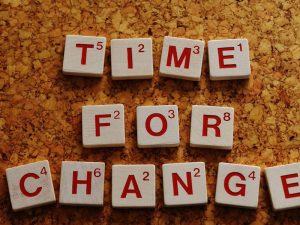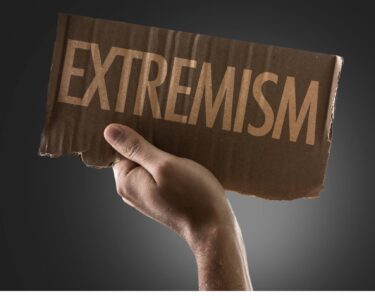It has been declared that 2024 is going to be an election year,but are we ready to select a government that will deliver?

You could check for yourself by answering the following questions:
1. Historical Evaluation: Given the history of unfulfilled promises and unmet expectations from past political leaders, how do you plan to assess the credibility of promises made by candidates in the upcoming election, and what criteria will you use to determine the likelihood of those promises being fulfilled?
2. Decision-Making Process: In the context of rational choice theory in economics, how do you plan to make informed decisions during the election process? What steps will you take to gather relevant information, weigh the pros and cons of each candidate, and ensure that your voting choice aligns with your own best interests?
3. Awareness of Emotional Manipulation: Recognizing the impact of emotional appeals by politicians during election campaigns, how do you plan to guard against being swayed by emotions rather than rational considerations? Can you identify instances from the past where emotions played a significant role in voting decisions, and how do you plan to avoid falling into similar patterns?

4. Understanding Bounded Rationality: Considering the concept of bounded rationality, as proposed by Herbert A. Simon, how do you acknowledge and address the limitations in information gathering, cognitive understanding, and time constraints that may influence your decision-making process? How can voters collectively overcome these challenges to make more informed choices?
5. Heuristic-biased Approach: Reflecting on the heuristic-biased approach introduced by Kahneman and Tversky, how aware are you of your own cognitive biases and heuristics when making decisions, especially in the context of politics? Can you provide examples of instances where your decisions might have been influenced by biases, and how do you plan to mitigate these biases in your future voting choices?
These questions aim to encourage voters to critically evaluate their decision-making processes, learn from past experiences, and develop strategies to make more informed and rational choices during the upcoming elections in Sri Lanka.







